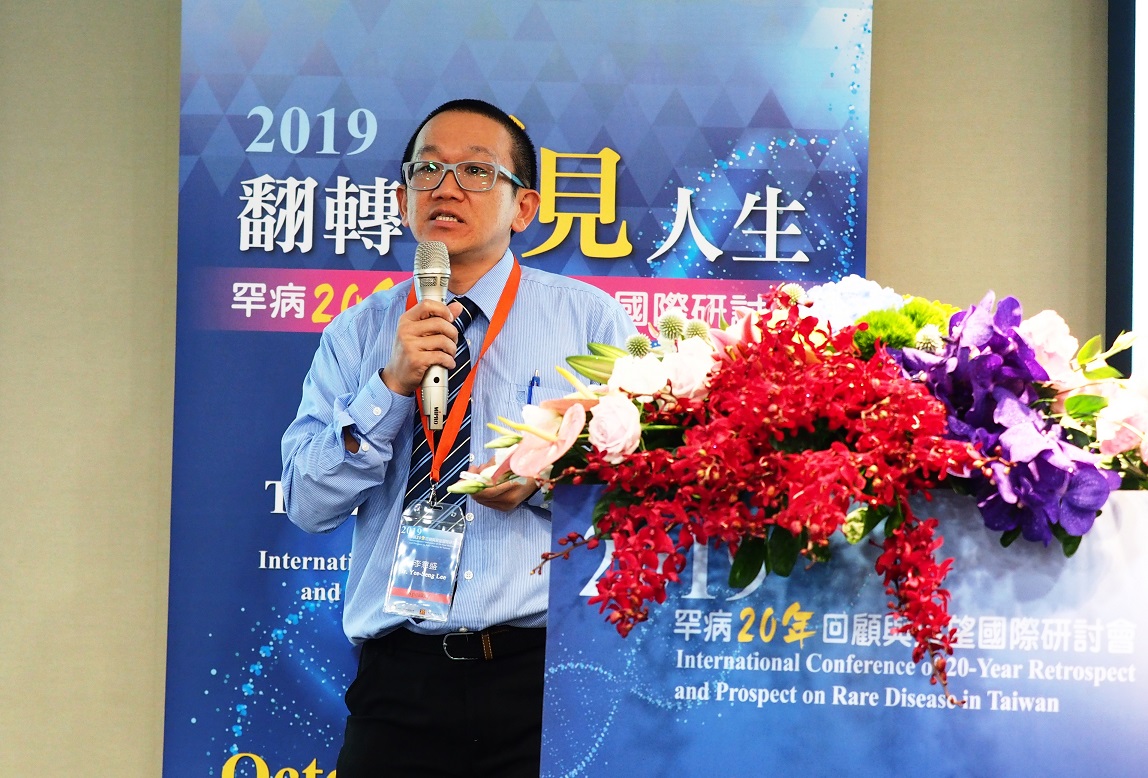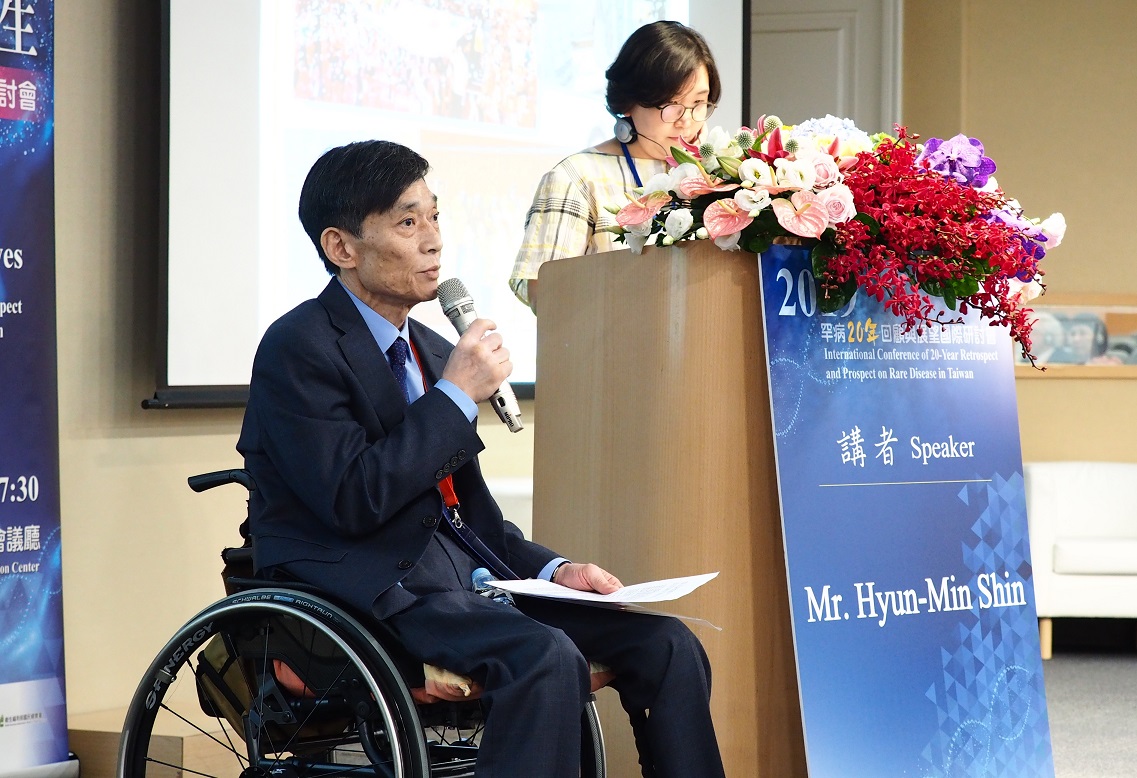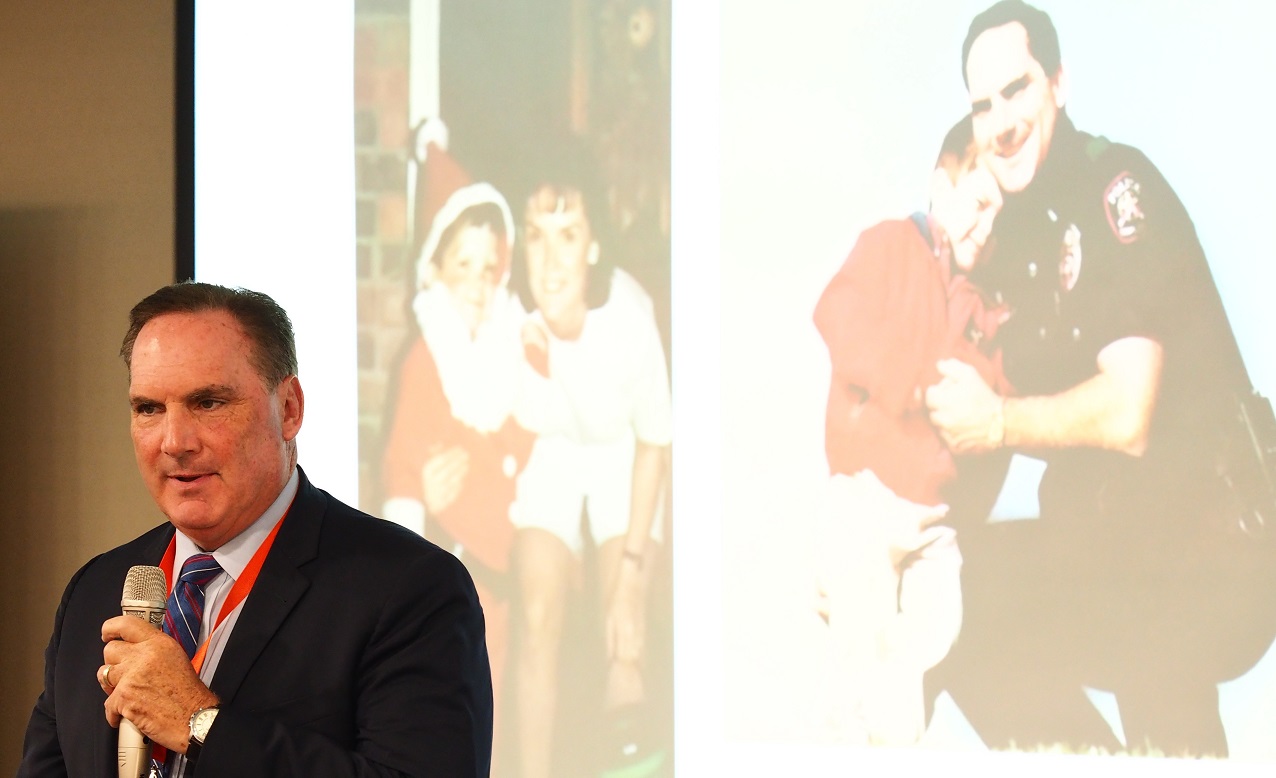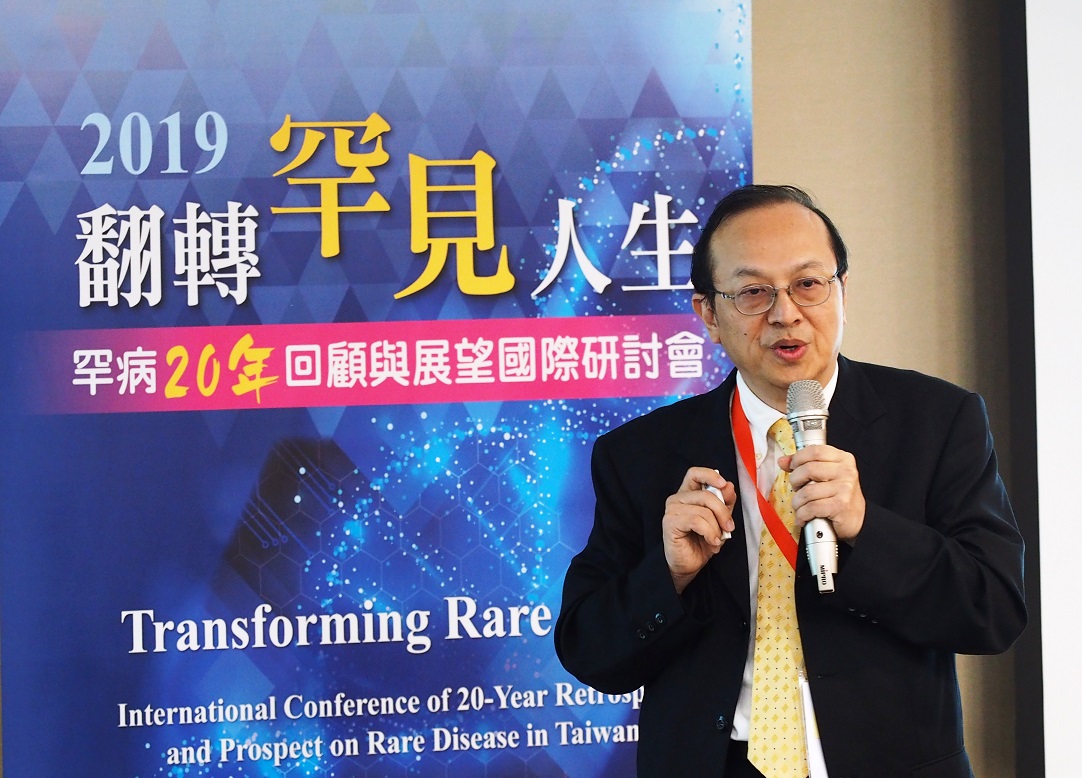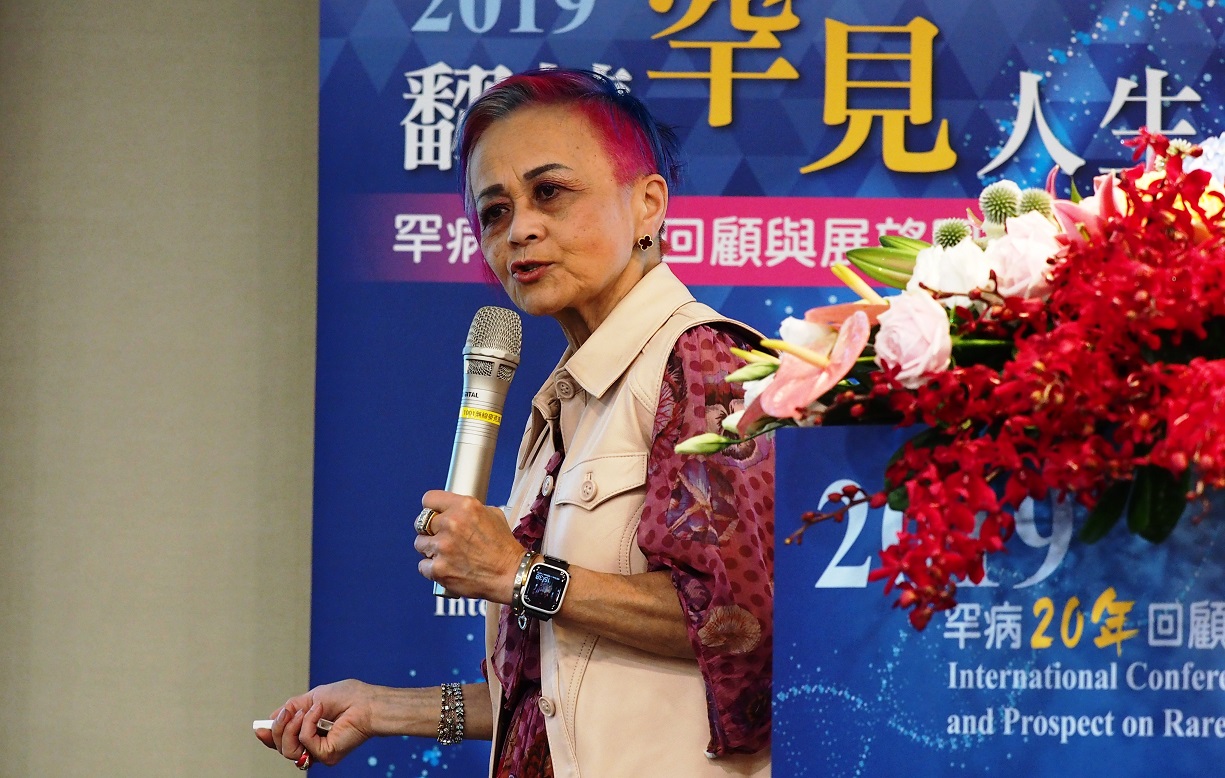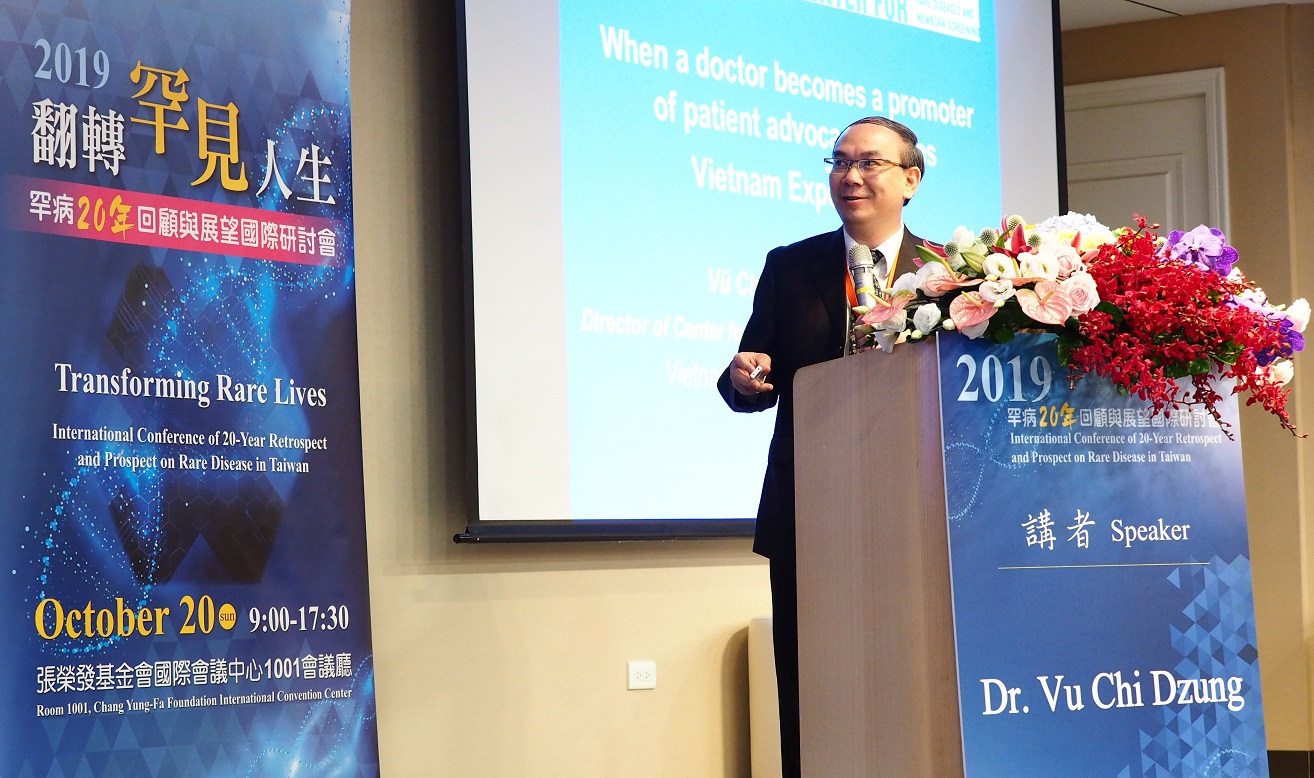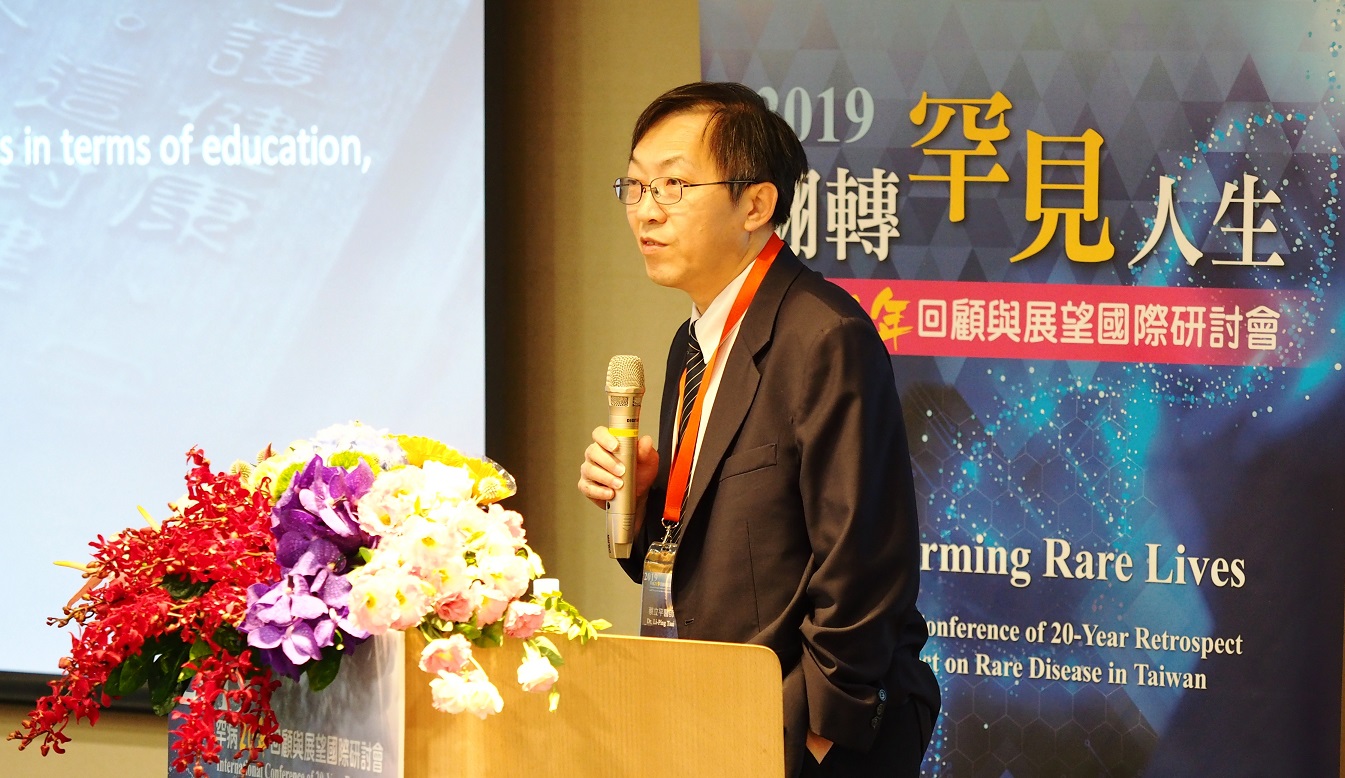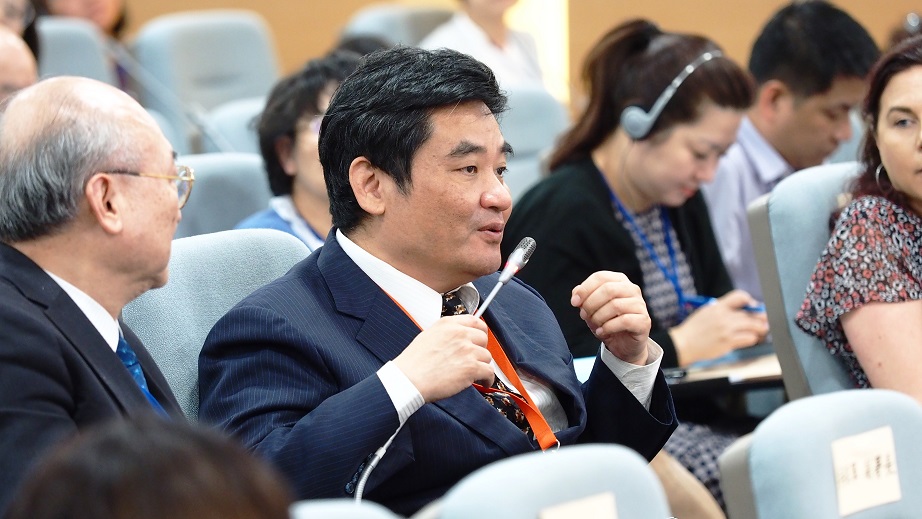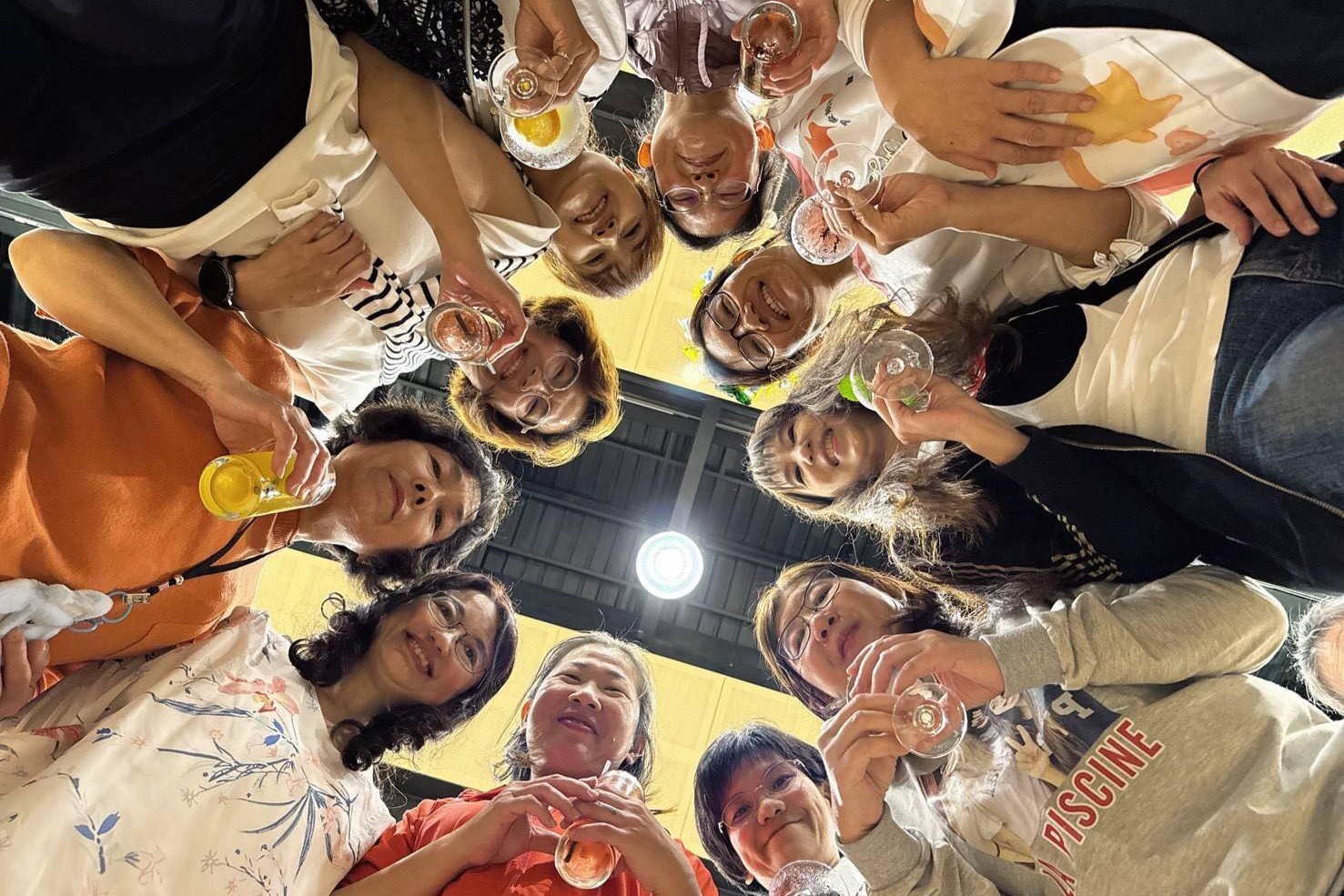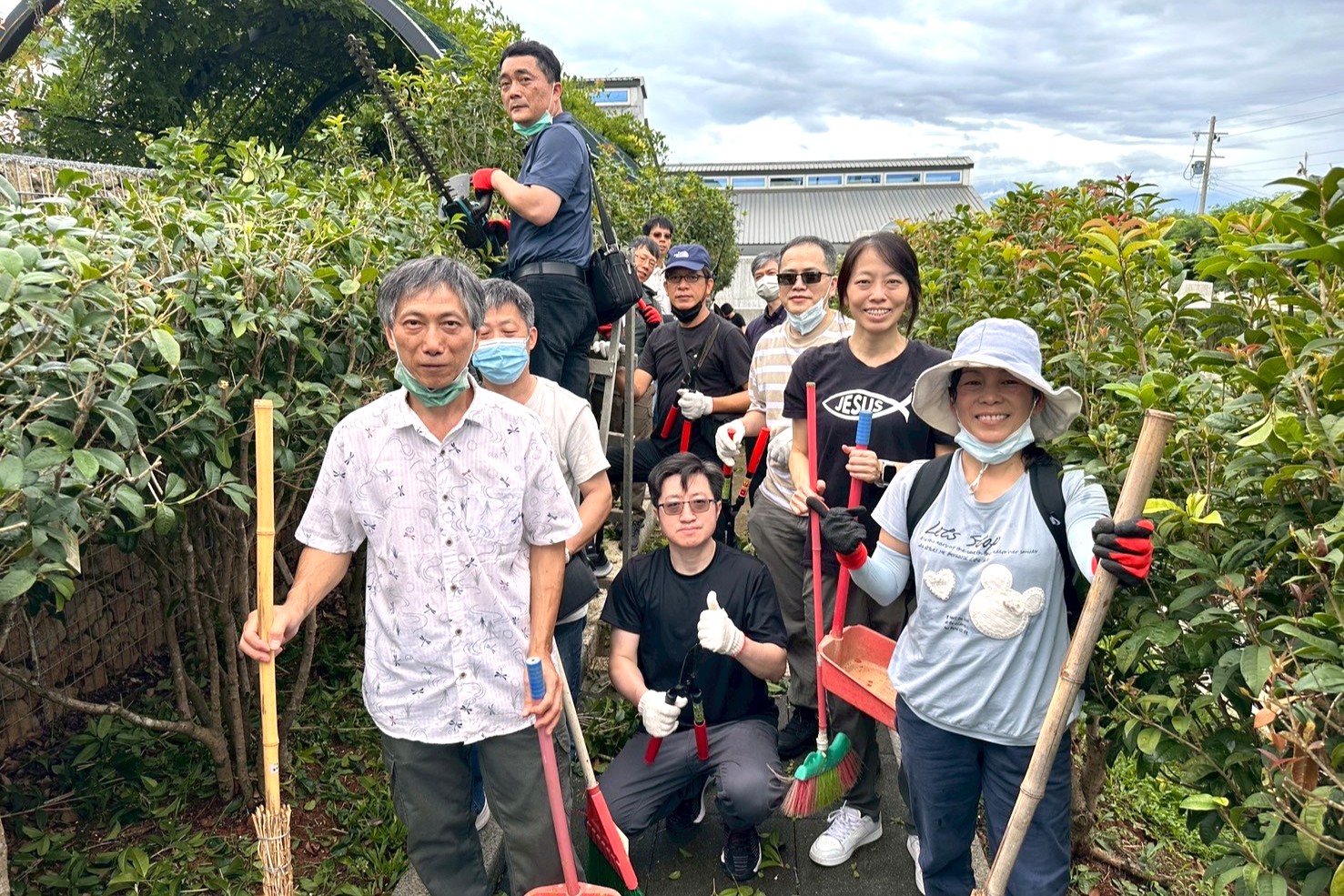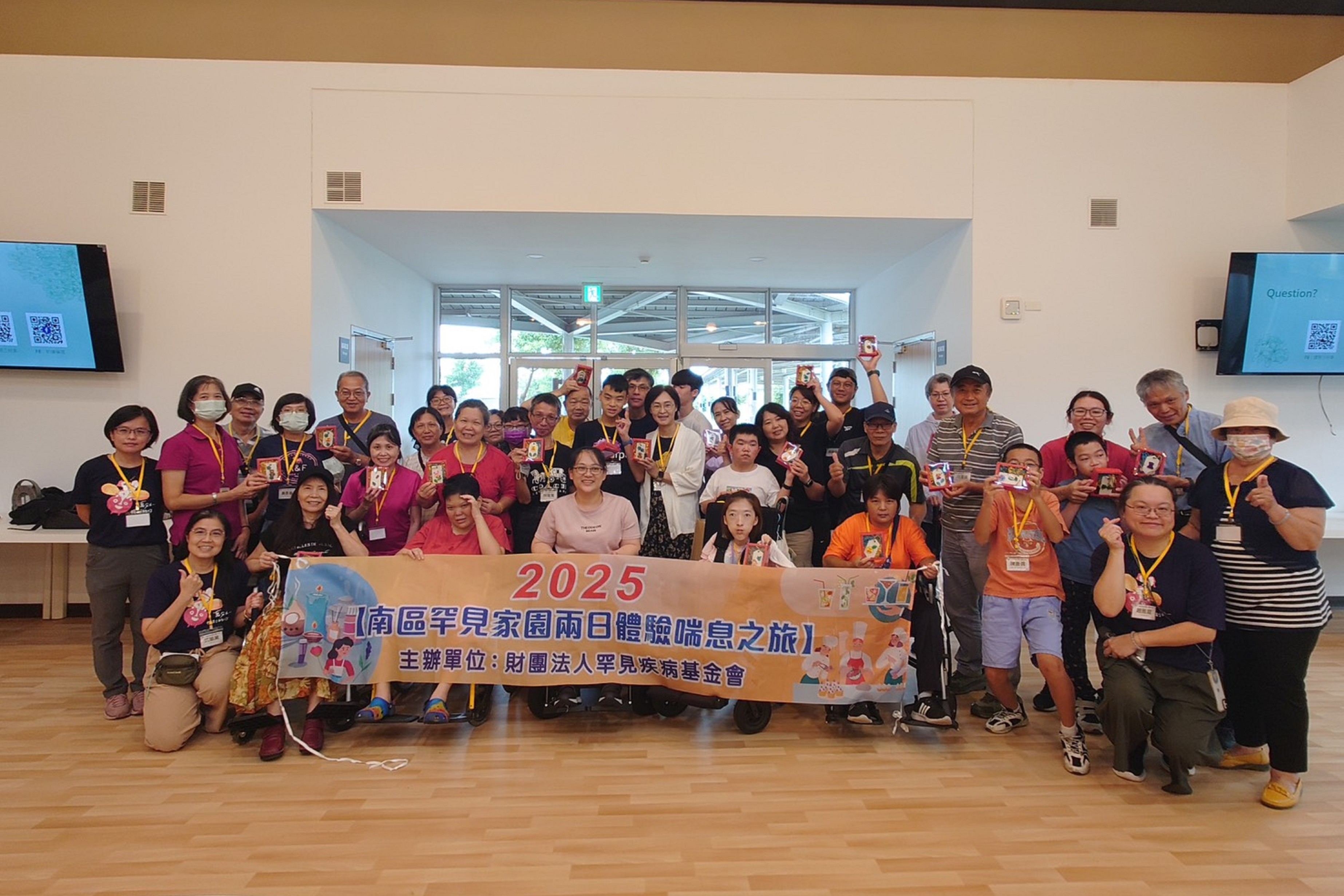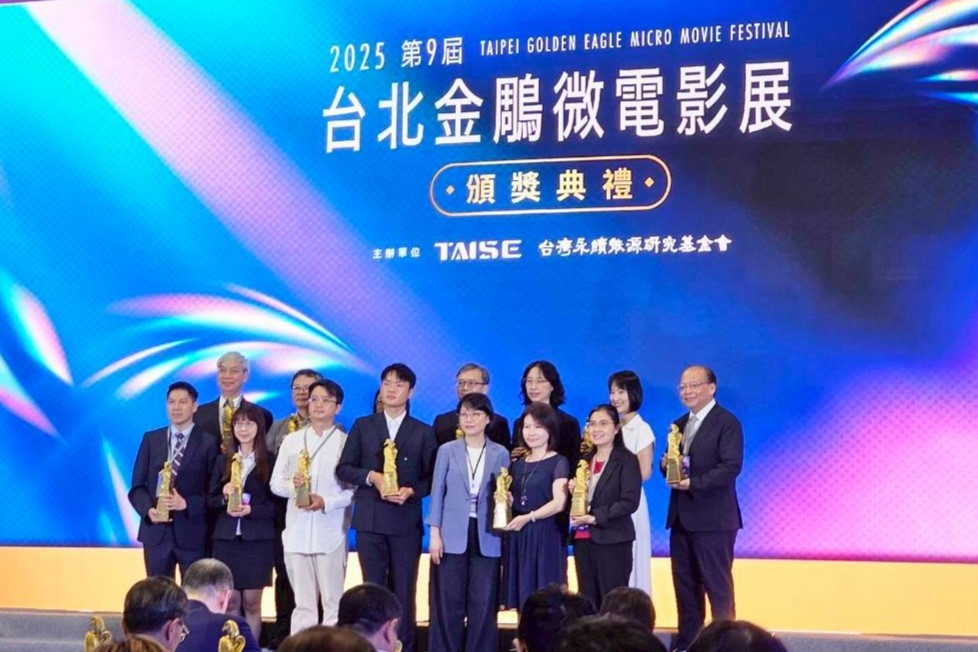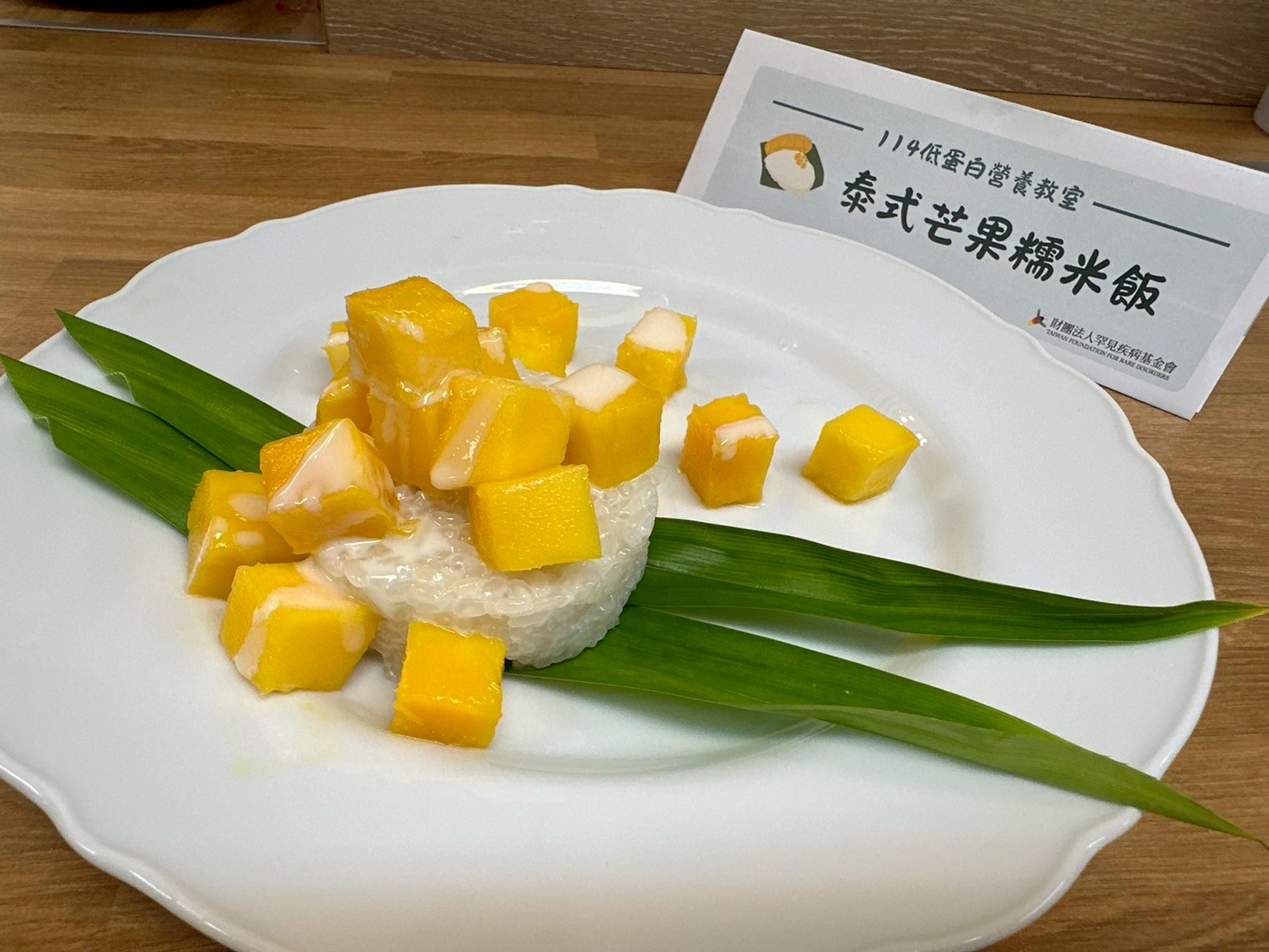News
20th Int'l Conference in Taiwan (3)
During the afternoon session, the speakers shared their experiences in promoting patient groups. Dr. Dau-Ming Niu cited the Association of Congenital and Inherited Metabolic Disease of the Republic of China, as an example to recount his journey of helping establish the association in 1997.
Dr. Li-Ping Tsai assisted the establishment of the Prader-Willi Syndrome Association Taiwan. As a physician, he believes that the top priority is to understand the pains of patients in order to strive for their rights.
Dr. Vu Chi Dzung, for his part, fights for medical opportunities for patients in Vietnam. As it is difficult in Vietnam to introduce drugs due to the lack of legal support, the doctor, however, came up with an idea. He drew the media’s attention to successful cases, organized events and filmed documentaries to show the government how important treatment is. These efforts also called for public attention to whether or not the government will take action.
Durhane Wong-Rieger, CEO of the Canadian Organization for Rare Disorders and chairman of the Rare Diseases International (RDI), elaborated on how to promote policies and legislation from a broader perspective. Promoting rare disease patients’ rights at the UN, she helped the world further understand difficult situations these patients faced.
As a host, Prof Min-Chieh Tseng, co-founder of the TFRD, explained the challenges he faced in promoting rare disease patients’ rights before helping set up the TFRD. Tseng also recalled how he and other partners used the influence of the TFRD to raise the awareness of rare diseases among the public, the media and the government. Against this backdrop, the People with Disabilities Rights Protection Act was quickly passed and more services were thus provided.
Mark Dant, for his part, shared a “complex and meaningful process” he underwent in establishing the EveryLife Foundation for Rare Disease in the United States, fundraising and seeking the FDA’s approval of drugs. He encouraged everyone to take action on their dreams.
In the final session, Chairman Hyun-Min Shin gave an introduction on South Korea’s policies of rare disease and organizational plans. In South Korea, special minorities are in particular divided into "ultra-rare" and "unknown rare” groups. That makes services to these groups more appropriate.
The final speaker, Chairman Yee Seng Lee, has been a good friend of the TFRD for many years. He came to Taiwan 10 years ago to learn about local experiences. After being inspired by the founder of the TFRD, he returned to Malaysia and made proactive efforts, and finally opened up a new path for people with rare diseases.
Translator: Jazz Chen (Wiskott-Aldrich syndrome), Reviewer: Alex Chiang

